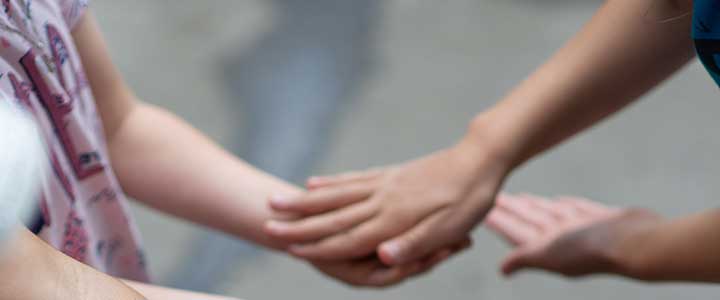Many times, adults and educators tend to think that the child may have behaviour issues when they might not. It’s easy to see why. Many of the symptoms look the same. Some of the common signs can be:
- impulsiveness
- inability to properly socialise
- obsessiveness
- aggression
They may be challenging to deal with, but to dismiss these as behaviour problems may be to misdiagnose the cause of the issue. In many cases, this may be a reflection of the child’s inability to properly communicate due to various speech and language difficulties.
These are things to take into consideration:
- The child has poor vocabulary for their age
- The child seems to have an inability to ask for clarification when given instructions
- The child is inappropriately rude or careless when speaking
Especially in such cases where misunderstanding and miscommunication are high, it’s doubly important for parents and educators to consider what challenges the child may be facing. Like anyone else, children need a sense of stability and safety. When they don’t have this, they end up communicating this through their behaviour.
There are more considerations that have to be taken into account for children with special needs, but they too react to the same things, by communicating through their behaviour.
College of Allied Educators offers our Diploma in Learning Disorders Management & Child Psychology programme. This part-time programme is designed specifically to train potential teachers, parents and caregivers to identify, detect and support children with special needs, such as Autism, Attention Deficit Hyperactivity Disorder (ADHD), Dyspraxia, and Dyslexia.
To find our more, and for a FREE COURSE PREVIEW
CALL US at 6533-0031 EMAIL your enquiry to MELISSA.TAN@ICAE.EDU.SG
or Register for your free preview below:










